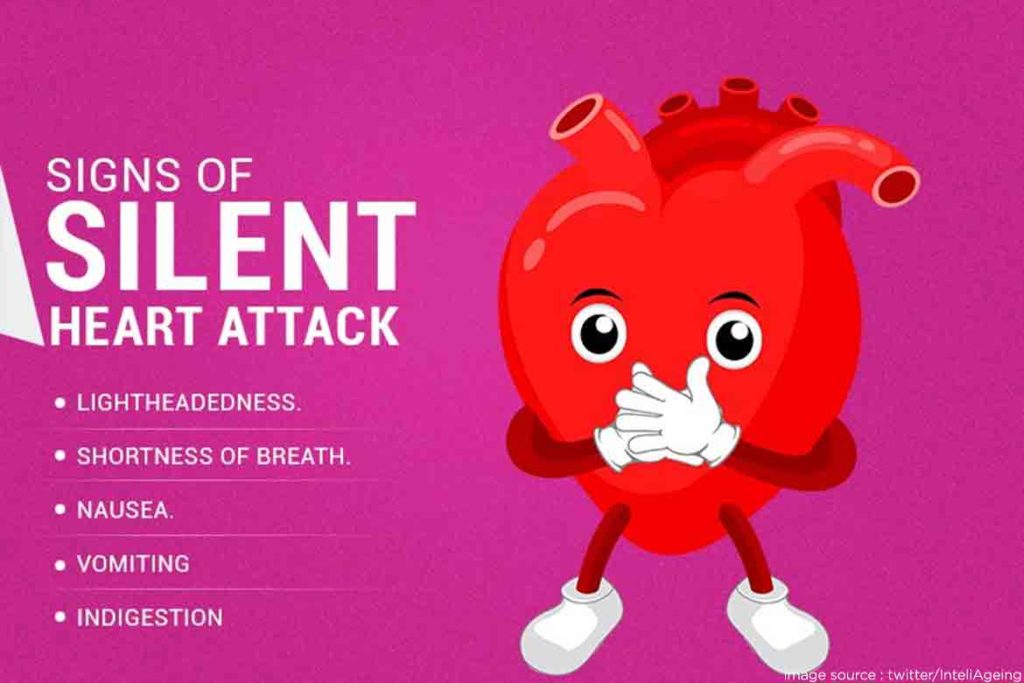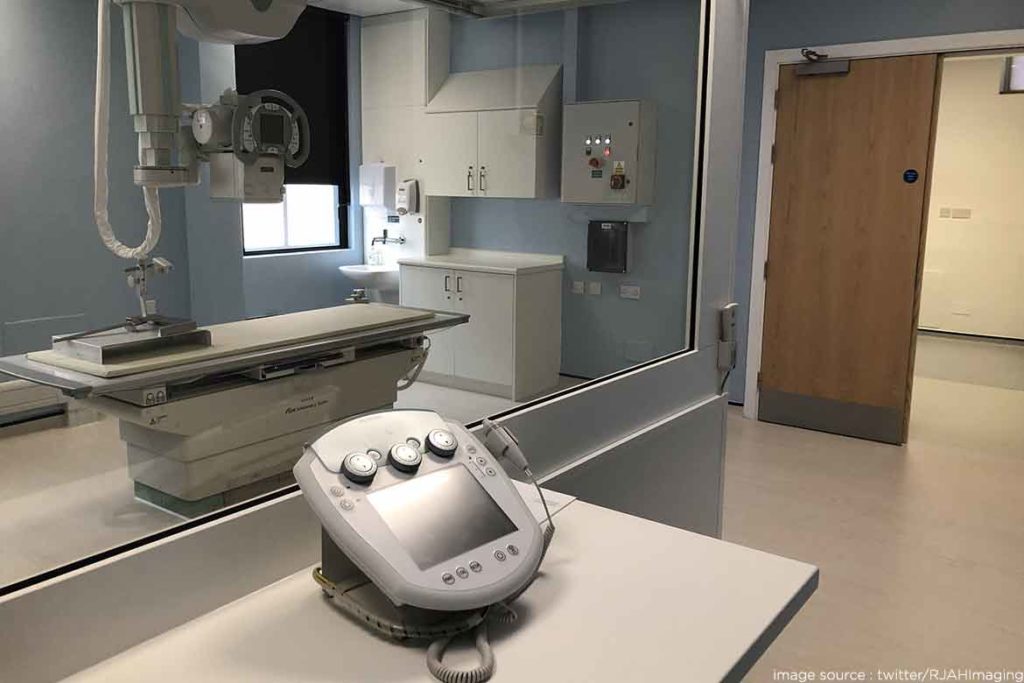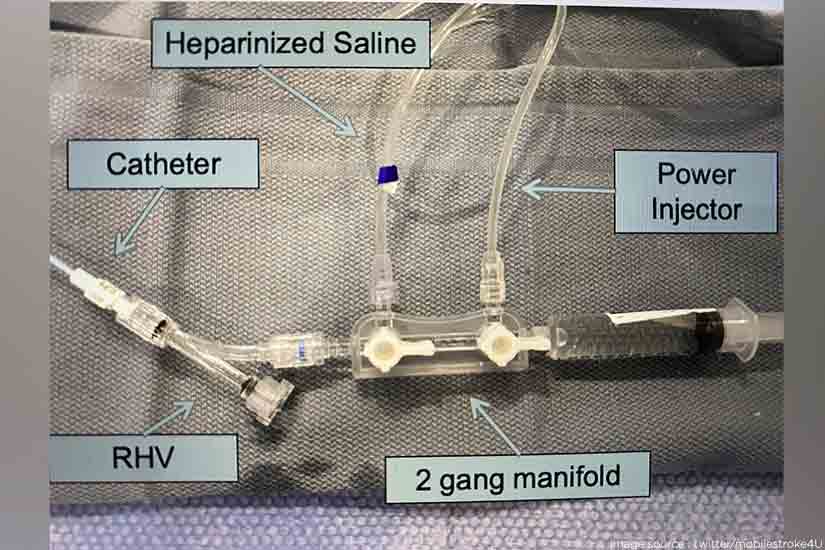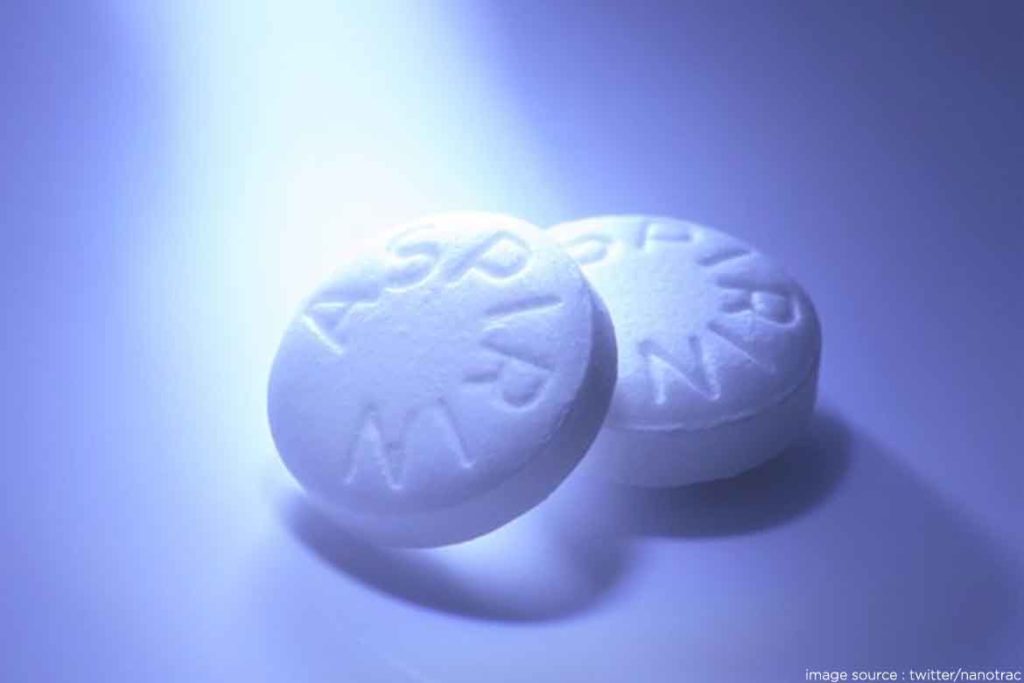- Introduction
- What is a silent heart attack?
- Early symptoms of heart attack are following
- Risk factors include
- Diagnosis and tests for silent heart attack
- Tests can be included like that
- Treatment
- How to prevent a silent heart attack
Introduction
The coronary arteries are responsible for the arterial blood vessels of coronary circulation, which work to transport oxygenated blood to the heart muscle. Moreover, continuous oxygen supply is must for proper heart function. The coronary arteries wrap around the whole heart. Most of the time, a heart attack is the result of the narrowing of coronary arteries. Furthermore in a heart attack, these get calcified. A heart attack is a life-threatening event that happens mostly due to disruption in the blood flow to the heart or heart muscles can be blocked due to the clot. Additionally, there’s also a silent heart attack, also called silent myocardial infarction (SMI).
Furthermore, older people are more at risk of getting a silent heart attack. However, heart attack symptoms can be vary with different numbers of factors, such as person who is suffering with this disease are man or women, which type heart disease you have and what is your age. Women are more likely to have a “silent” heart attack because some diseases like polycystic ovary syndrome (PCOS) can increase risk in women which are not present in male biology.
What is a silent heart attack?
If the blood circulation in the body is blocked due to blockage of any one of the arteries, then the chances of heart attack in such condition are increased. Due to an inadequate supply of nutrition and oxygen, the heart muscle gets damaged and eventually dies as a result.

A silent heart attack is like almost a heart attack, but it is silent in nature and its symptoms are very subtle Thus, many people do not even know that they are suffering from heart attack, that is why it is called silent heart attack. Additionally, in a silent heart attack, you might not have chest pain or shortness of breath, which corresponds to the symptoms of heart attacks.
Furthermore, silent heart attacks strike men more often than women. Many researches prove that 45% of all heart attacks are silent. Statistical Data indicate that about 25% of all heart attacks occur in people under 40 years of age. Moreover, having a silent heart attack increases your risk of further heart attack which can also be fatal.
Early symptoms of heart attack are following
- Mild pain and discomfort in chest,
- Mild pain feel in your shoulders and neck,
- Cold sweat,
- Feeling nausea or vomiting,
- Abdominal pain,
- Stabbing pain in the arm or jaw,
- lightheadedness,
- Feel like faint,
- breathlessness,
- Anxiety,
- Tiredness,
- Sudden dizziness,
- Sleep disturbances
- Stomach discomfort or indigestion
- Irregular Heart Beat,
- Snoring,
- Swelling in legs, feet, and ankles

Risk factors include
- Age
- Smoking
- Diabetes
- Excess weight
- Stress
- Family history
- High blood pressure
- Poor diet pattern
- High cholesterol
- Lack of physical activity
- Prior heart attack
- Tobacco use
- High intake of alcohol
Diagnosis and tests for silent heart attack
If anyone feel that he/ she is showing symptoms of heart attack, then he/she should immediately go for a medical examination.
Your doctor will examine you according to your symptoms, family history, and general health and according to observation will tell you the medical test accordingly.
Tests can be included like that

- Electrocardiography (ECG)- This test suggests the measure of the heart’s electrical activity. This test records electrical signals which travel through your heart. During this test, doctors attach sticky patches (electrodes) to your chest and limbs. After that signals can be recorded like a wave, which displayed on a monitor. Doctor suggests that if the person has injured heart muscle, his/her heart doesn’t conduct electrical impulses normally. Thus, we can say that by the help of ECG we can check that a heart attack has occurred or is in progress.
- Blood tests- This test indicates damage to the heart. A heart attack damages the heart. Subsequently, the damaged heart slowly gets leak protein or enzymes in the blood. Your doctors can take samples of your blood for the check of these proteins, or enzymes.
- Imaging tests (chest X-rays, echocardiograms, coronary angiography)- This test for the checking of blockages in the arteries.
- Chest X-ray: By this method, your doctor can easily check the size of your heart, the fluid in the lungs and the position of blood vessels.
- Echocardiogram: This technology use for checking how your heart’s chambers and heart valves are pumping blood. Additionally, we can also check whether an area of your heart has been damaged or not.
- Coronary angiography: In this Angiography, doctors insert a liquid dye into the arteries of your heart. A long, thin tube called catheter is used for the injecting dye. Role of this dye is making the arteries visible and revealing areas of blockage.

Treatment
Heart attack treatment at a hospital:
Restoring blood flow quickly helps prevent heart damage. There are some medicines used for the treatment of silent heart attack which is listed below:
- Aspirin: Aspirin known as blood thinning medicine. Daily low-dose of aspirin helps to prevent heart attacks and strokes in people at high risk of them. Your doctor may suggest that you take a daily low dose of aspirin if you had a heart attack because aspirin play a vital role in reducing blood clotting, which can help maintain blood flow through a narrowed artery.
- Thrombolytics: These drugs, also called clot busters, help dissolve a blood clot that’s blocking blood flow to your heart. The earlier you receive a thrombolytic drug after a heart attack, the greater the chance you’ll survive and have less heart damage. Thrombolytics are used as soon as possible after a heart attack or stroke.
- Beta blockers: Taking beta blockers reduces your heart rate and blood pressure. This eases the workload on your heart and improves blood flow. Not only can beta blockers reduce blood pressure and help prevent heart disease, they help prevent future heart events in patients already living with heart disease.

How to prevent a silent heart attack ?
- To protect yourself from heart attack, it is very important to have your health checkup timely, so that you will know that there is no obstruction in your arteries. Moreover, if you see any obstruction in your arteries, then you can start your treatment quickly.
- Secondly, consuming too much of cigarettes or tobacco can block your arteries which leads you to a heart attack. Thus, reduce your cigarette addiction as soon as possible.
- Thirdly, you should try to avoid taking too much salt, sugar, and sources of trans fat (chips, cookies, and deep-fried) in your daily diet.
- Regular exercise is very important. Thus, you should try to keep busy yourself with some regular exercise or physical activity which will help you for maintaining a healthy weight and control high blood pressure and cholesterol.
- A silent heart attacks can happen with or without alarming symptoms. This, it is very important to get proper health checkups from time to time.
Thus, these are some pointers to remember and be careful in the future. Stay Safe, Stay Healthy!!
Get More Heart health related updates
